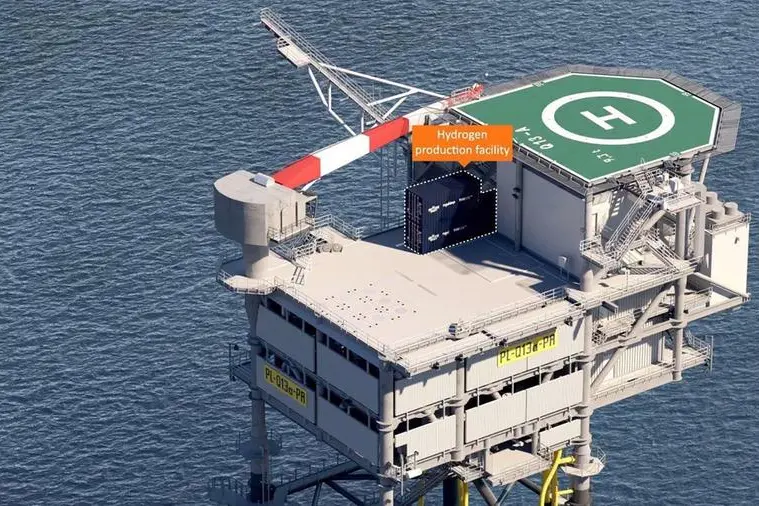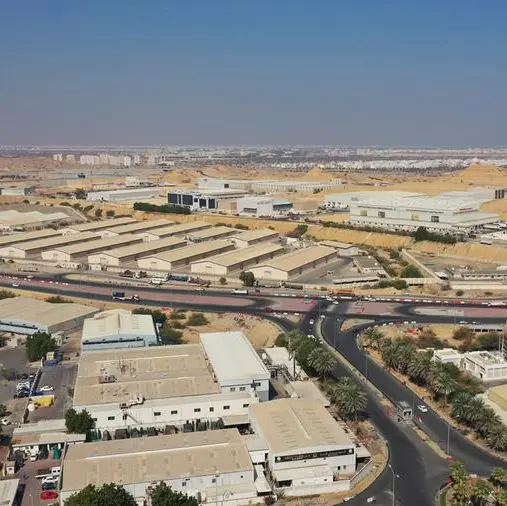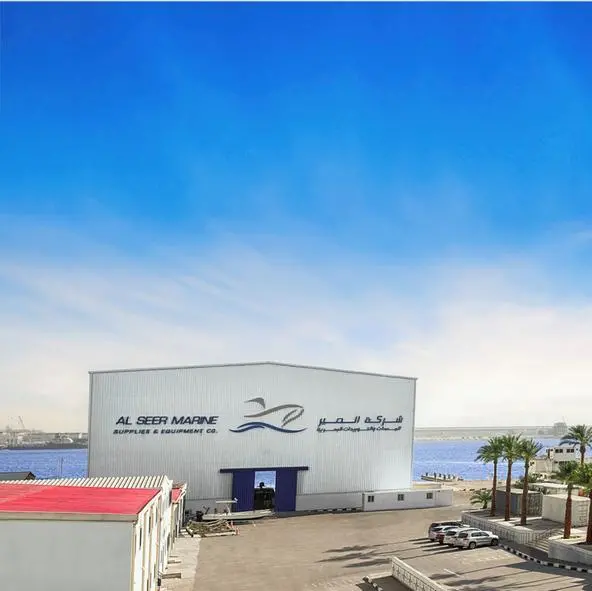PHOTO
The feasibility study for Liquid Organic Hydrogen Carrier (LOHC) -based hydrogen supply chain that will carry 180,000 tonnes per annum (tpa) of hydrogen exports from Abu Dhabi to Germany is nearing completion, the CEO and Founder of Germany-based Hydrogenious LOHC said.
Speaking at the Hydrogen Online Conference, Daniel Teichmann said the project will initially store and transport approximately 7 to 10 ktpa [Kilo-Tonnes Per Annum] of hydrogen, which will be scaled later to 180 ktpa.
In March 2022, Hydrogenious LOHC, Uniper, JERA Americas and Abu Dhabi National Oil Company (ADNOC) had announced a joint study agreement to explore hydrogen transportation between the UAE and Germany using Hydrogenious’ LOHC technology.
Teichmann said the storage will be constructed in Abu Dhabi and the hydrogen will be shipped in the form of LOHC via crude oil carriers to Wilhelmshaven in Germany and Rotterdam in Netherlands.
The supply chain is expected to be commissioned in 2027, he added.
Germany has hastened its hydrogen procurement activities globally and is opening the funding tap as the country needs to import more than 50 percent of its 2030 targets, thereby providing a fillip to MENA projects.
On the side lines of COP27, the German Chancellor Olaf Scholz had announced that Germany has quadrupled the funding for its double auction hydrogen procurement policy targeted at imports from outside Germany to 4 billion euros, higher than the €3 billion funding committed by the EU hydrogen bank. The first auction will be announced after the COP27.
LOHC Carrier
Most hydrogen projects till date have focussed on ammonia as a carrier as renewable ammonia is cheaper to produce than fossil fuel-based ammonia at current gas prices, and the transport and storage infrastructure for ammonia is already in place, a recent Zawya Projects report said, quoting Cornelius Matthes, CEO, Dii Desert Energy.
Teichmann said LOHC has great potential for maritime applications leveraging existing infrastructure, fast fuelling and safe, low-cost onboard storage. Hydrogenious’ LOHC technology bonds hydrogen molecules to a non-flammable liquid, making it suitable and safer for transportation and distribution.
“Though the process for releasing the hydrogen for end-use is energy intensive currently, several demonstration projects are underway to increase the round-trip efficiency by reusing process heat generated during the release,” he said.
H2- Industries’ waste to hydrogen projects planned in Egypt and Oman are the only other projects in the Arab region announced so far that will use LOHC as a hydrogen carrier.
Explaining the benefits of LOHC in a May 2022 interview with Zawya Projects, Michael Stusch, Executive Chairman and CEO, H2-Industries had said 57 kilogrammes of hydrogen could be stored in one cubic metre of LOHC making it space-efficient; it can be stored for years unlike batteries that lasts for hours; stored and transported using existing oil infrastructure as LOHC behaves like oil under normal pressure and temperature.
(Reporting by Sowmya Sundar; Editing by Anoop Menon)





















